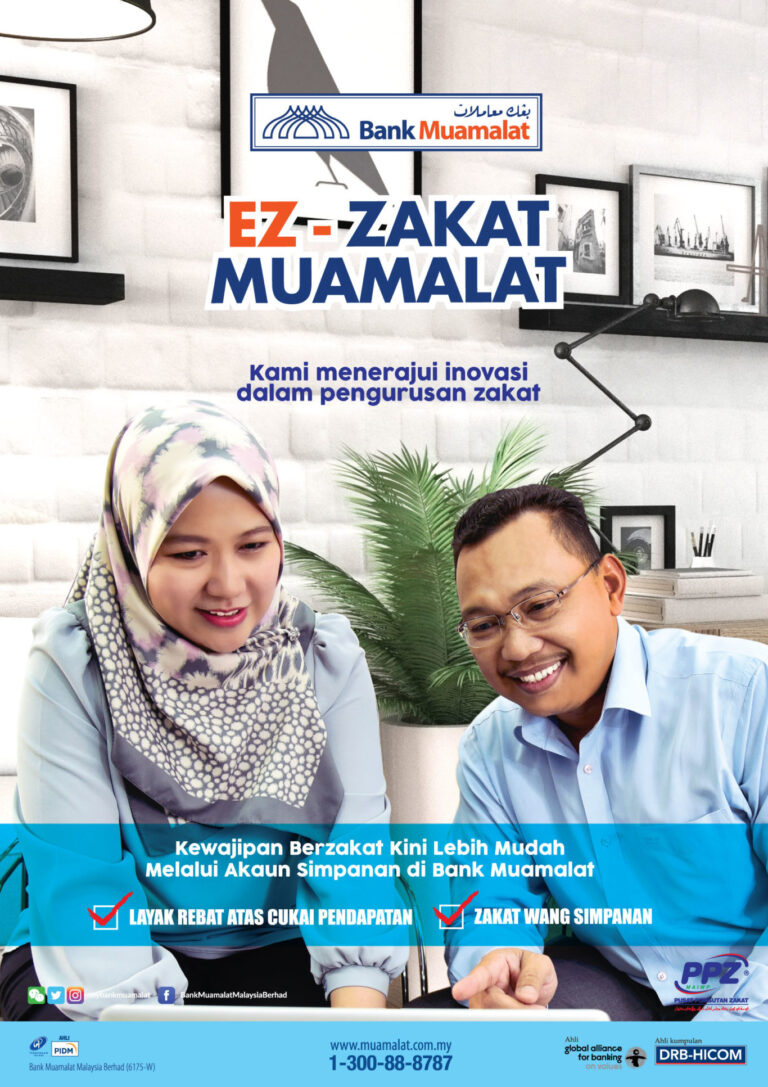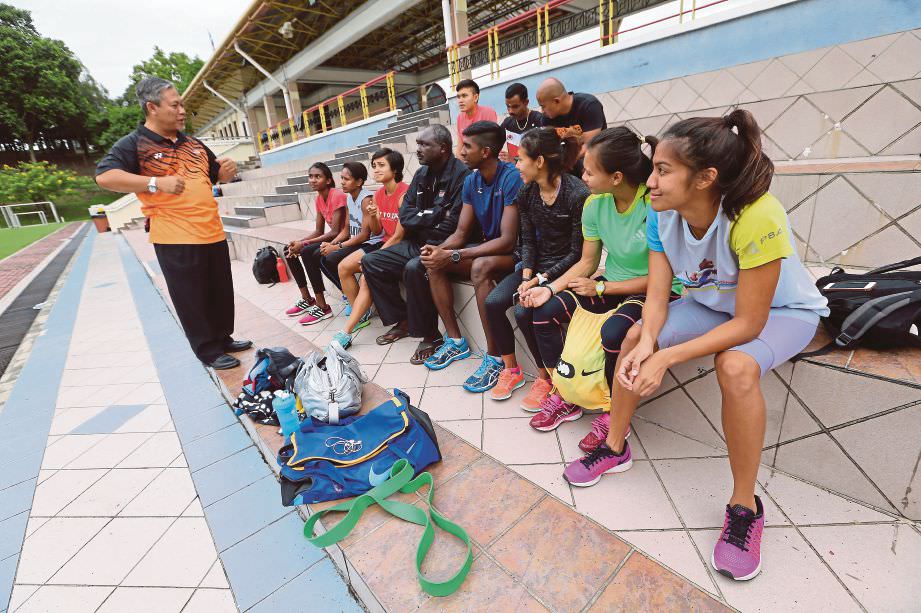MONROVIA/JOHANNESBURG (Reuters) – Africa’s economic growth is bounding ahead, despite the Ebola epidemic gnawing at its western shoulder, but some see the continent showing a deficit in solidarity towards the three poor and war-weakened states worst hit by the deadly disease.
While non-African nations from the United States to China and Cuba are deploying resources and health personnel in a U.N.-led surge to aid Sierra Leone, Liberia and Guinea, fast-growing Africa’s states and institutions are facing questions about the level and speed of their own contributions.
With nearly 5,000 people already dead, added urgency comes from the disease’s spread in Africa’s west, besides isolated cases in the United States and Europe. Mali confirmed its first case on Thursday, becoming the sixth West African nation to be touched by the outbreak.
“It is very clear African governments are not doing enough, given the resources that some countries do have,” Gilles Yabi, a Dakar-based independent West Africa analyst, told Reuters.
The world’s second fastest-growing continent, but still its least developed, appears to have been badly caught off guard by the sheer speed and magnitude of the Ebola outbreak, which is straining its still limited resources and governance capacity.
The three governments at the Ebola epicentre expressed hurt at the fact that some of their own African neighbours were among the first to shut their borders and halt flights in a “them and us” attitude they said fed a wider stigmatisation of the continent fuelled by irrational fear.
“If our continent is to rise to this challenge, we must do so together,” said Liberia’s Information Minister Lewis Brown.
There is already broad consensus that the global community, and especially the World Health Organisation (WHO), lagged badly in its response to the West African outbreak, the world’s worst of the hemorrhagic fever so far.
But at a time when the IMF sees Sub-Saharan Africa’s growth accelerating to 5.75 percent next year, there is disappointment at the perceived slow response and lack of leadership by the 54-member African Union. The continental body is often accused of letting the outside world solve African emergencies, be they coups or wars, natural disasters or health alarms like Ebola.
“It is embarrassing really, that Cuba should be sending more doctors and nurses to fight Ebola than Africa combined,” said Ugandan author and journalist Charles Onyango-Obbo, Editor of the Mail & Guardian Africa, a digital news publication.
The AU is deploying its own mission, known as ASEOWA, of initially 100 African medical and military personnel to the epicentre states, which it hopes to swell with reinforcements from Nigeria, Democratic Republic of Congo and East Africa.
This compares with deployments to the Ebola zone also underway of more than 400 doctors and nurses from Cuba, and a 3,000-strong military mission that the United States is sending.
“We as the AU are trying to mobilise with our member states. We have written to our heads of state to get more human resources,” AU Commission Chair Nkosazana Dlamini Zuma said on a visit to Monrovia this week.
“CAUGHT UNAWARES”
While Nigeria moved swiftly in mid-year to curb its own Ebola outbreak, it was only in early September that the AU held an emergency summit on fighting the disease. This was a month after the epidemic had been declared an international health emergency by the WHO.
Yabi also criticised the “weak” response of the West African Health Organisation (WAHO), which forms part of the West African regional grouping ECOWAS.
“I think countries and all of us were caught unaware, and then countries sometimes took inappropriate actions trying to protect themselves,” Dlamini Zuma said.
Nevertheless, USAID administrator Rajiv Shah welcomed the AU’s first medical deployment in its history. “They can do more, and are trying to do more,” he said.
Dlamini Zuma said the AU was lobbying African airlines that had suspended routes to the epicentre zone to restore them, and was canvassing local companies, business executives, artists and footballers to persuade them to contribute to the Ebola fight.
‘TALK LOUDER THAN THE WALK’?
Both the AU and its precursor, the Organisation of African Unity (OAU), have faced charges of being ineffective ‘talk-shops’.
A West African diplomat at the AU said the continental body was primarily a security-focused bloc. “Conflicts, terrorism and the like have taken all the attention throughout this time and what this also shows is the serious lack of expertise in any other field, such as health,” he said in Addis Ababa.
AU officials reject the criticism, saying lop-sided cover of the Ebola crisis by the international media has focused on Western nations and figures and minimised African initiatives.
“We prefer to act and act decisively rather than talk,” said Dr. Olawale Maiyegun, Director of the AU Commission’s Social Affairs Department, in emailed responses to Reuters.
Maiyegun said the AU and its individual members had made available more than $6 million for the Ebola fight, including $1 million released from the AU’s Special Emergency Assistance Fund for Drought and Famine for medicine and food in affected countries, $3.5 million made available by Africa’s biggest economy Nigeria and $1 million provided by Kenya, he said.
International pledges total over $690 million made by 35 nations including the United States and millions more in material and personnel. The World Bank has committed $400 million and the IMF advanced $130 million in zero percent loans.
The African Development Bank, which is funded by international donors and lenders, has pledged $150 million.
The unmet need in the Ebola fight is about $1 billion, the United Nations has said
“CREDIBLE” STATES STILL LACKING
Yabi said health emergencies such as the Ebola epidemic, along with recurrent conflicts and wars, showed up a key persisting weakness in Africa’s buoyant economic surge: the challenge of building strong, effective functioning states.
Liberia, Sierra Leone and Guinea’s governments and health systems, still weak from their civil wars of the 1990s, were simply overwhelmed by the Ebola outbreak.
The Ebola emergency showed priority must be given to investment in health and education, the AU’s Dlamini Zuma said.
“So we need human capital, financial capital”.
Unfortunately, Onyango-Obbo said, political will was often lacking in Africa to allocate the resources to these areas.
“Generally, one senses there a “blackmail tradition” on the continent, where it traps the international community and institutions like the Bill & Melinda Gates Foundation to fund critical areas like health … no one wants to see children and mothers die,” he said.
Meanwhile, he added, some leaders and governments used national resources to buy fighter jets or presidential planes.







